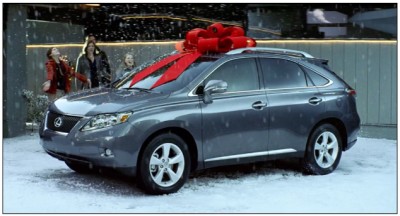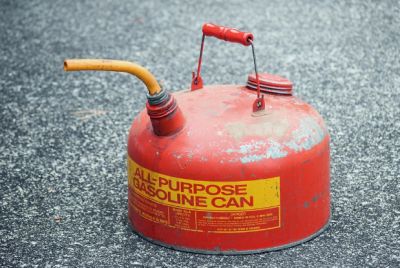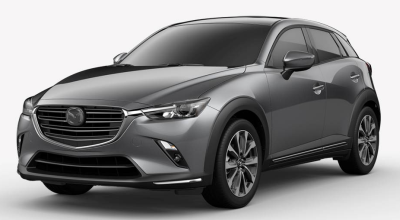Make Efficient Decisions While Car Purchase With These 6 Simple Tips

In this busy world, if you don’t own a car, at some point you will have to.
That’s why it is important to learn about tips and tricks in buying a car and at the same time reduce your costs.
This information dives into the details of making efficient decisions with car purchases.
1. Size Matters
Although there are hundreds of car models with varying sizes to choose from, most of us don’t buy the same-sized cars. Here is how to choose the right one for you. If you are single, look for a midsize, economical car or a two-seater.
For families, purchase an SUV or bigger-sized car. Look for a car that suits your personal lifestyle, travel habits, things you will carry all the time, and so on. Your priority is to find the car that matches your daily living, habits, driving patterns, and the number of people in the household.
2. Look for a commuter
If you travel a lot or commute to a faraway workplace on a daily basis, look for a car that is “commuter-friendly”. Many websites and online forums discuss these vehicle types and some of them will fit your needs and budget.
It’s also worth paying attention to the overall cost of the car such as gas mileage, fuel economy, maintenance cost, repair cost, demand, and depreciation while making the purchase decision.
Salespeople at dealers and other retailers may often deceive you by offering a discount on vehicles that they want to dispose of. Stay away from such tactics. The exception: is if what they are saying coincides with what you have known or read.
3. Ask for a better deal
Seriously, this is a no-brainer. There are millions of cars to be sold and many car buyers who ask for a lower price easily get one. First, research the cost with various dealers on sites like Carfax. Then call for a quote and ask for the extra perks that are usually thrown in.
The first person you speak to may not have the authority to change the price, so ask for a manager or supervisor right away. Explain that your payment terms are flexible or you will be paying the entire cost upfront.
Even if you have been turned down by one dealer, it doesn’t cost or hurt to ask another one. If nothing else works, mention the offers that you have obtained from other dealers around the area and tell them that you would consider switching to one of these dealers unless the price is reduced.
4. Stay within your budget
Car dealers and sellers try to encourage buyers into buying an expensive vehicle loaded with the latest technology, features, and gadgets even though they don’t make a lot of difference to your lifestyle.
Don’t get tempted by any of those sales gimmicks, instead, stay within your spending limit.
While this might save you a lot of money, you will thank yourself for making the right decision because the maintenance and repair of those expensive cars are obviously expensive.
It also makes a difference in where you look. Not all locations you buy cars in will sell at the same prices. If you buy used cars in rochdale it might be a lot cheaper than buying in other more populated locations, for example.
5. Loan deals and offers
Certain banks and financial institutions are ‘car-friendly’, which means they offer an incredibly low-interest rate for car buyers, especially with good credit ratings.
So, before you step foot into the dealership store and ask them to finance, look for places that offer car loans for cheap and do some research. Credit unions are also popular spots for car loans. With a good credit score, you may be able to join one.
They will look at your debts, income, and other financial data and come up with a number that you would be comfortable paying.
And do not forget to buy car insurance for added protection. Your insurance will go a long way in securing the right deal and making you a responsible driver, which can all add up to your credit score.
When a seller knows that you are pre-approved, you will automatically get a better deal and the opportunity to negotiate further.
6. Steer clear of leasing
You may find dealers pushing leasing instead of direct purchase. You may also be offered a surprisingly low down payment offer and hard-to-turn-down interest rate as well. Remember that when you are leasing, you are essentially renting the car until the term is up and you are left with buying the same car.
As a leasing customer, you will be paying for the depreciation of the car and by the end of the term, the market price of your car will be significantly low compared to what you will pay.
For this and many other reasons, leasing a car should be your last resort. The bottom line: leasing makes sense to people who like driving different cars at all times. If this is not your priority or way beyond your budget, go for the direct purchase.
Are you thinking about buying a car?





